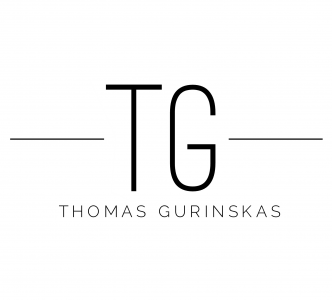I’ve been on a Mel Brooks kick recently, and paired with my current thesis reading (which is a lot of memoirs), I found my way to Mel Brooks’ memoir of his career. In my loose justification for reading something other than my summer reading list, I was interested to see how Brooks, a very famous figure, was presenting his personal narrative to a public audience as someone who is very adept at crafting narratives. He did not disappoint.

All About Me! is both funny and earnest, which fits with his approach to comedy, funny, yes, but with what he calls a more serious “engine,” like the anti-racist message at the core of Blazing Saddles and the emotional heart of Young Frankenstein. With the focus of the memoir being his career, we don’t see a ton of his personal life once we get to his career really taking off, though he does also include stories of the more exclusively personal. There’s also a blending of personal and career in places, as colleagues became friends, became family, etc. Throughout the memoir it is very apparent that Brooks has carefully considered what stories he is going to tell about his career and when he’s going to dip into the personal. He draws attention to when he veers “off topic” and does so again when he returns to the chronological narrative of his career.

Unlike many memoirs that I’ve read, Brooks is quite open about the fact that he is presenting a very specific picture of his life—that the narrative we the audience are seeing isn’t everything. There are even multiple points where he calls to gaps in that narrative: he doesn’t remember something exactly or at all, he shares a story about someone else that he doesn’t quite know if it’s true or not, he wasn’t able to fully verify something, etc. To that last point, there’s a moment when he’s talking about his appearance on the very first episode of The Tonight Show Starring Johnny Carson, but the tape of the show is gone, presumably taped over as was common place at the time, though someone was able to find the audio. As someone who works with memoirs and archives, I lit up at this instance of a very clear archival gap in a personal history and the fact that Brooks considered that an important enough story to share.

That sort of acknowledgement of gaps and uncertainties does a lot to create trust between reader and author, because it says “Here’s my story as I’ve chosen to present it, and that includes things that I might have remembered imperfectly, but I’m aware of that.” Going hand in hand with that is what Brooks did pull from his and various other archives. As much as the memoir is his own, Brooks talks extensively about his friends and colleagues and quotes them, even sharing the physical image of an original document, like the note Alfred Hitchcock send him after watching (and enjoying) High Anxiety.

All told, as a fan of Mel Brooks I loved it for the insight it gave into his career and the creation of his films. There are some truly fascinating behind-the-scenes goodies here, like how they got the actual original props from Frankenstein when they made Young Frankenstein.
I also love the book as someone who is interested in public and historical narrative development. It’s well structured, well written, and Brooks is very clear in his intent to tell a good story. The fact that it’s Mel Brooks also means that it’s a fun read. You can’t miss!
If you enjoy my reviews, please consider buying be a Kofi or supporting me on Patreon.

